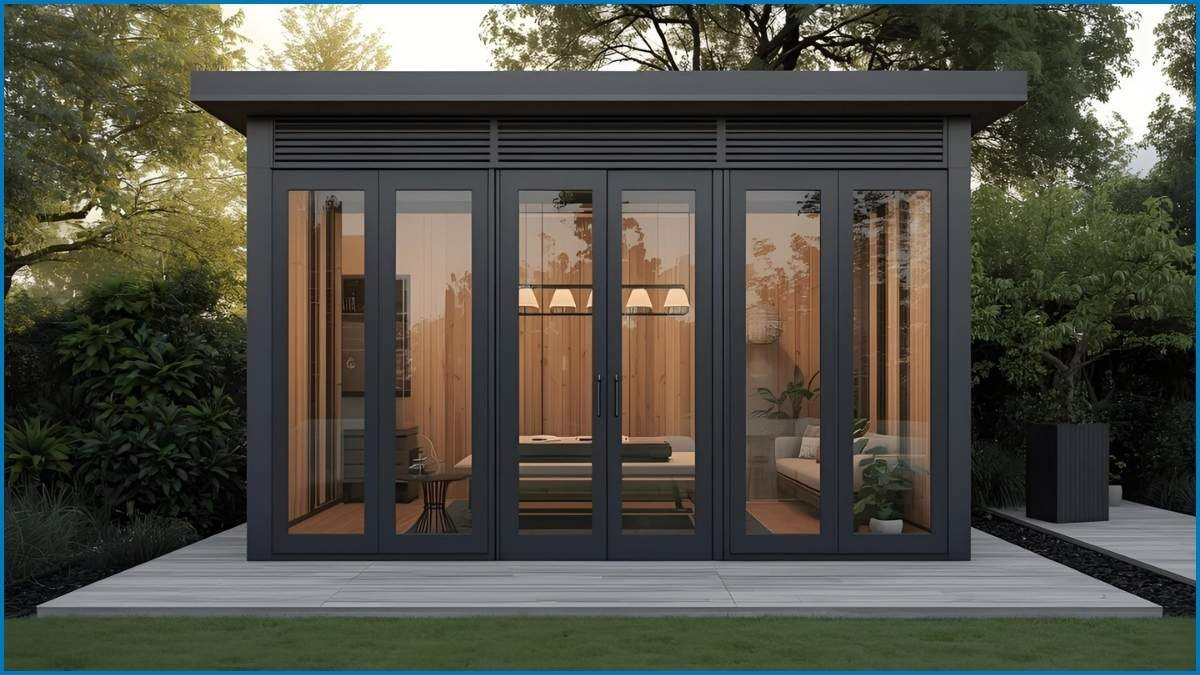E-commerce development in the furniture industry-interio working

In recent years we have observed the dynamic development of e-commerce, which gradually transforms traditional sales methods into all sectors of the economy. The furniture industry, although long associated with shopping in physical showrooms, is no exception. Forced insulation and limitations introduced during the COVID-19 Pandemie have significantly accelerated considerably accelerated digitization processes, so that new possibilities on the B2B market for producers and distributors are opened.
The challenges that have brought changes in store habits and the expectations of business customers have become an impulse to think and introduce innovations in the field of online sales. Nowadays, when the limitations have been lifted, e-commerce not only maintains its position, but it also becomes an important element of the business strategies of many companies.
Digital transformation in the furniture industry
E-commerce opens new perspectives for the furniture industry, so that companies redefine its business processes and sales models. In this section we will look at the most important elements with which furniture companies can effectively adjust online sales, aimed at the use of B2B platforms and modern digital tools.
Online sales adjustment
Transferring a furniture company to online space is more than just launching a website and adding a shopping function. This includes extensive strategies that integrate logistics, customer relationship management and content management systems. By developing online presence, companies must ensure intuitive navigation, professional product photos and detailed descriptions that together create a convincing purchase experience.
The implementation of functionalities that respond to the specific needs of business clients, such as product configurators with which you can adjust dimensions, materials or colors according to individual needs, is also crucial. Thanks to this, buyers can accurately adjust the furniture to their work or commercial spaces, which is an invaluable added value of B2B sale.
The importance of B2B platforms
The B2B platforms are an irreplaceable tool for furniture companies that want to manage their offer and orders effectively. These specialized platforms offer functionalities that are adapted to the needs of companies, such as catalog management, integration with ERP systems or advanced data analyzes that help optimize sales processes and increase customer satisfaction.
The integration of the e-commerce platform with other operating systems of the company makes the automation of many processes possible, from orders to logistics and invoice, which significantly reduces the time of order processing and minimizing the risk of errors. For B2B customers who often order large amounts of goods or need regular deliveries, such solutions are not only comfortable, but also economically beneficial.
Personalization of the offer and content marketing
Personalization and effective content marketing have become inseparable elements of e-commerce strategy, especially in the B2B segment. Furniture companies that can adapt their products and communication to the specific needs of business customers receive a considerable competitive advantage. In this section we will discuss how content marketing technologies and strategies can support the development of online sales in the furniture industry.
Adjust products to the needs of the customer
With online product configurators, customers can adjust the appearance and functions of furniture, which is crucial for companies that design office, hotel or commercial spaces. Such tools not only make it easier for customers to choose, but also increase their involvement in the purchasing process and satisfaction with the end product. Furniture companies that offer these options can better meet the expectations and requirements of their customers, which is especially important for large commercial orders.
Content marketing
Content marketing in the B2B furniture industry is not limited to the presentation of products. It includes the creation of valuable content that trains customers with the possibilities of personalization, the use of products in different spaces and the latest trends in design and ergonomics. Blogs, articles, guides and case studies effectively build up the image of an expert and are a source of valuable information for interior designers and architects.
Application of video and webinars
Video and webinars have become an important tool in e-commerce and offer the possibility of a more detailed presentation of products and their application in practice. For B2B customers, such sizes are particularly valuable because they enable you to thoroughly understand the product before you make a purchase decision. Educational webinars about trends in space arrangement, new materials or furniture production technology can further strengthen relationships with customers and emphasize the professionalism of the brand.
Use of data and market analysis
Contemporary e-commerce is not only online sales, but especially the needs of customers understand through data analysis. For the furniture industry, the use of analytical tools in the B2B segment can not only optimize sales processes, but also the personalization of the offer. In this section we will see how data analysis and SEO strategies can increase sales in the furniture industry.
Big Data W E-commerce
The use of big data in e-commerce enables furniture companies to better understand the behavior and preferences of their customers. The analysis of large data sets with regard to, for example, store history, browsing pages or interaction with marketing content, enables you to make more targeted and effective sales campaigns. Thanks to this, companies can not only better adjust their offer, but also predict market trends and adjust the supplies to current demand.
SEO I Marketing Online
Website positioning (SEO) and effective online marketing are crucial for the visibility of every company on the internet. For the furniture industry, where purchasing decisions are often the result of a long research process, optimization for search engines is of crucial significance. The use of suitable keywords, content optimization in terms of SEO and regular publishing valuable articles increases the opportunities that potential business customers will first find the offer of the company.
Competition and market analysis
Competition monitoring and continuous market analysis are further elements that can significantly influence the sales strategies for e-commerce. Insight into which strategies competitors take, which products are usually chosen by customers, and which current trends are in the design, enables furniture companies to respond faster to changing market conditions and a better adjustment of their offer.
Summary
The development of e-commerce in the furniture industry offers new opportunities for growth and expansion. Thanks to the digitization of sales processes, personalization of the offer, effective use of content marketing and advanced data analysis, companies can not only increase their reach considerably, but also build a stronger and more valuable relationship with business customers.
Adjustment for online sales, intelligent use of B2B platforms, effective SEO strategies and an innovative approach to marketing and data analysis are important elements that every furniture company should consider in its strategy. Regardless of the size of the company, these activities can provide considerable benefits, from improving operational efficiency to increasing customer satisfaction. There are not only challenges, but above all major opportunities for the furniture industry. The key to success is constant learning, experimenting and investing in solutions that you can use to use the potential of online sales.













